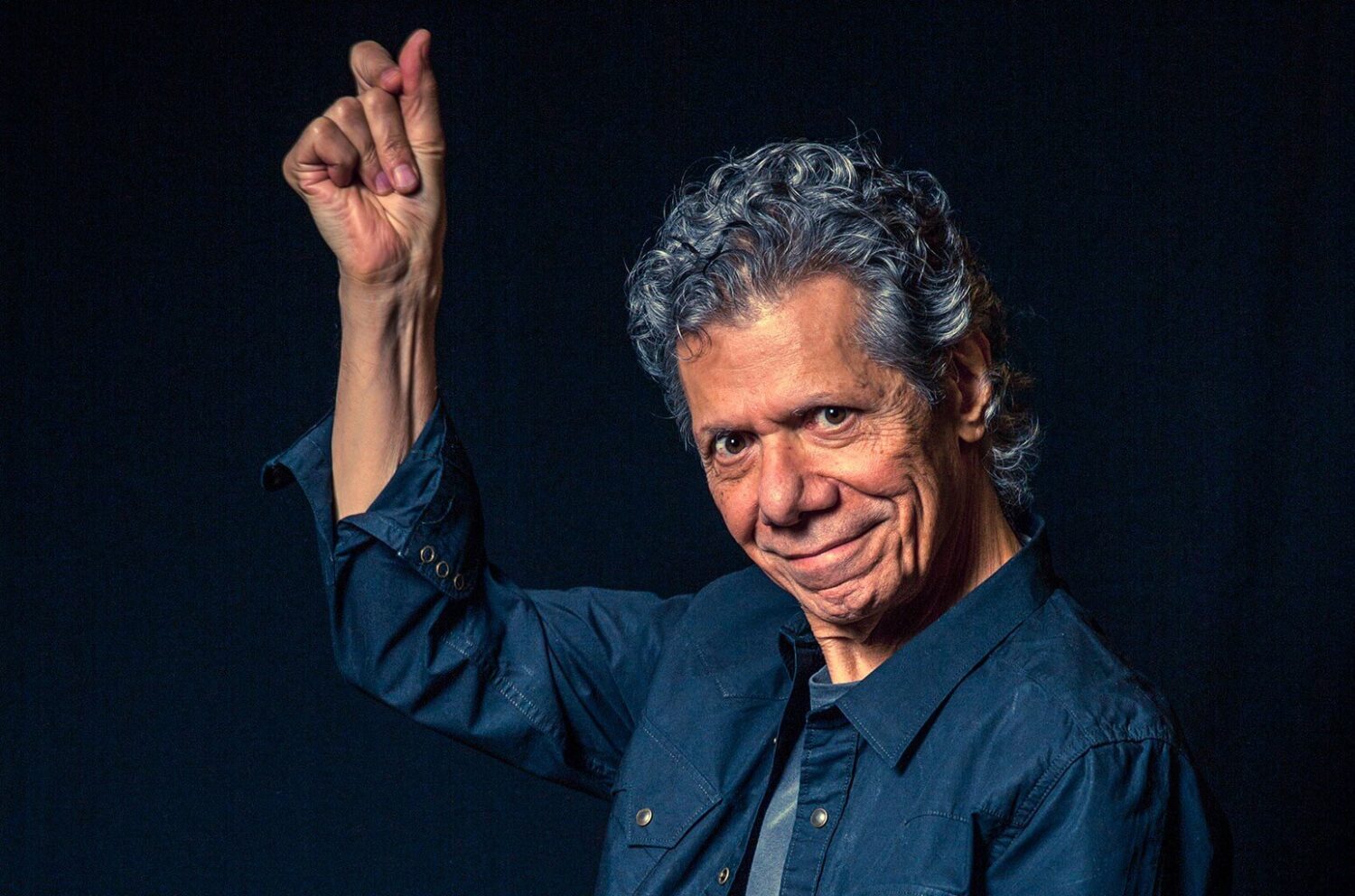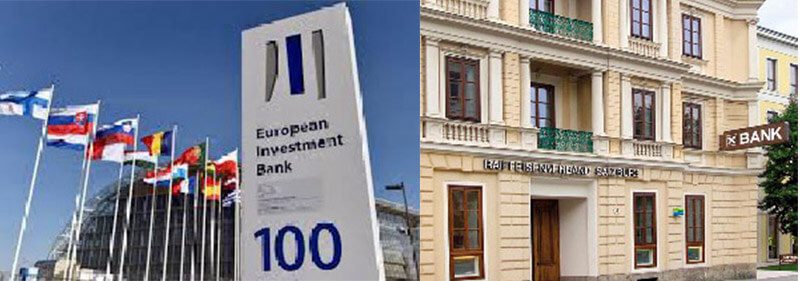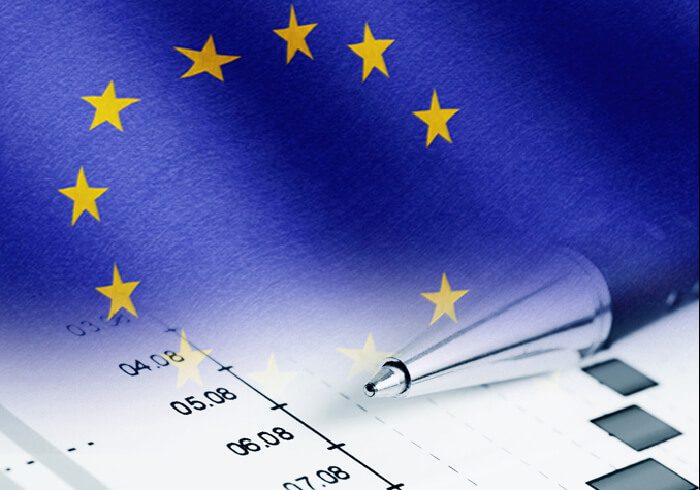His last words
“I want to thank all of those along my journey who have helped keep the music fires burning bright. It is my hope that those who have an inkling to play, write, perform or otherwise, do so. If not for yourself then for the rest of us. It’s not only that the world needs more artists, it’s also just a lot of fun.” wrote the legendary Chick Corea before his departure on 9 february 2021, due to a rare cancer that abruptly interrupted his genius.
Spanish connection
With the “Concierto de Aranjuez” as his base, the percussion and vocal caress of Brazil and the flamenco guitar of Paco de Lucía as his ally, Chick Corea was one of the great pioneers who knew how to successfully incorporate his Latin heritage into international jazz.
23 Grammys
He has the fourth highest number of Grammy nominations, 65, of which he received 23, as well as four Latin Grammys, three of them in the “instrumental album” category, more than any other artist, specifically for the albums “The Enchantment” (2006), “Forever” (2010) and “Further explorations” (2011).
In addition to these, “The Vigil” (2013) was awarded “Best Latin Jazz Album”, but before arriving there, in the last part of his life, the road he had travelled had been prolific and extensive when it came to gathering his family heritage and projecting it to the world.
A personal side…
Born Armando Anthony Corea (Chelsea/USA, 1941) into a family of Italian descent, he learned the fundamentals of the genre as the son of a trumpeter named Armando J. Corea and took his first professional steps alongside figures such as Dizzie Gillespie and Miles Davis. One of his drive was since the 70ies the “Joy of Creating“, an article written by L. Ron Hubbard, founder of the Scientology religion, which Corea embraced since the 70s after reading the book Dianetics. In fact he directed and participated what was announced as the “Stay Well Concert“, organized and broadcasted at the Scientology Network, where he wanted to transmit a sense of positivity in times of COVID-19.
From Miles Davis to Flamenco
Back to his historic and background, the influence of Miles Davis’ “Sketches of Spain” must have been strongly engraved in his ear, since twelve years after the release of that emblematic album, he also took Joaquín Rodrigo’s “Concierto de Aranjuez” as a musical idea around which to orbit to create a historical piece, “Spain”.
He had previously released the no less referential “Return To Forever” (1972) with the group of the same name, which included another emblematic song of his production, “La fiesta”, with which he had opened the way to an encounter with flamenco.
He continued to investigate in the same direction, both on the band’s next album, “Light As A Feather” (1973), which included the aforementioned “Spain”, and on “My Spanish Heart” (1976), a very personal project that once again combined Hispanic tradition and electronic modernity.
Warm and wild at the same time
Warm and wild at the same time, between soft “pianissimos” and abrupt tempo changes, it contained pieces like the ambitious suites “Spanish Fantasy” and “El Bozo” or the amusing “Armando’s Rhumba”, with his hand-clapping in the background.
Some of these themes became anthological pieces of his production and it was not unusual to see him reinterpret them hand in hand with other icons, as was the case with Herbie Hancock in the albums they released together at the end of that decade.
As for the influence of flamenco in her music, this was even more evident in “Touchstone” (1982), in which she had the guest guitar of Paco de Lucía in the middle of a repertoire full of songs with Spanish names, see “Duende“.
Compadres
Among a large list of collaborators from the Latin music scene, such as Carles Benavent, Don Alias and Álex Acuña, that album also allowed her to return with some of her former colleagues from Return To Forever, such as Stanley Clarke, to produce the song “Compadres“.
He never strayed completely from the path he himself had set out and it was not unusual to see him return to it, as with the aforementioned “The Vigil” (2013), or when he released another of his most acclaimed albums, “Corea.Concerto: Spain For Sextet & Orchestra / Piano Concerto No. 1” (1999), which featured Avishai Ochen and once again turned his gaze to “Spain”, considered by many to be the best composition of his career.
You can watch the 1 hour video documentary “Chick Corea: In the mind of the Master” here, where he presents his latest album Antidote.













